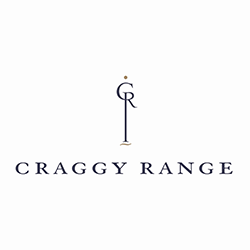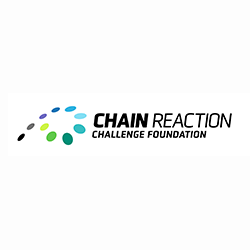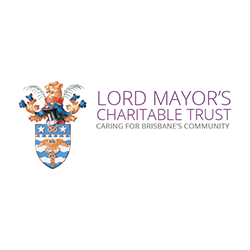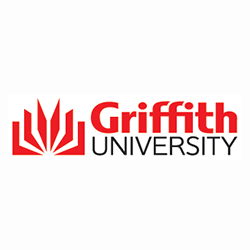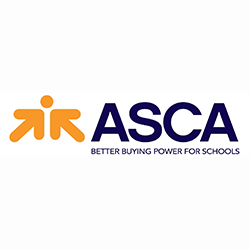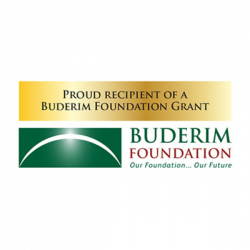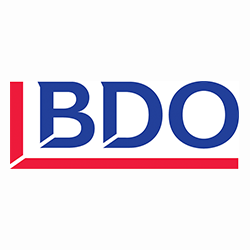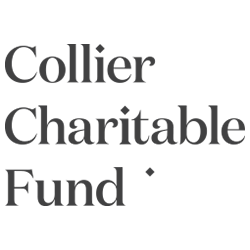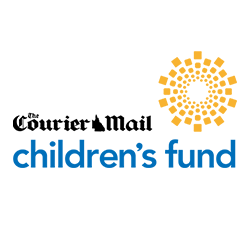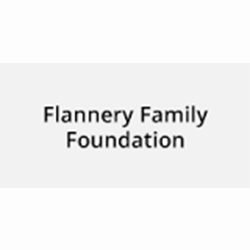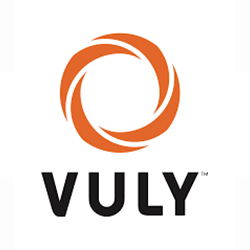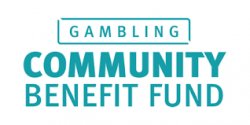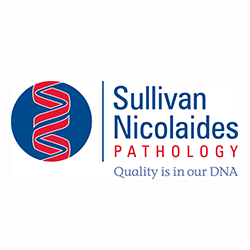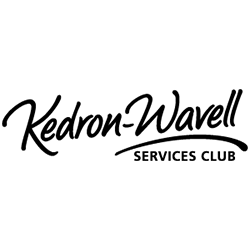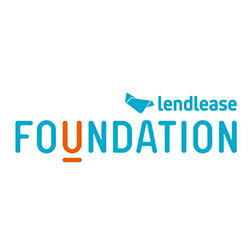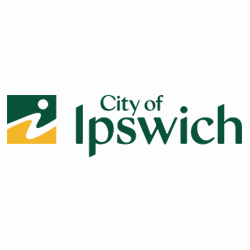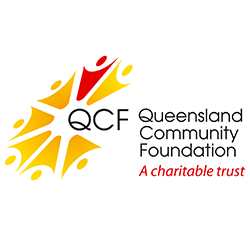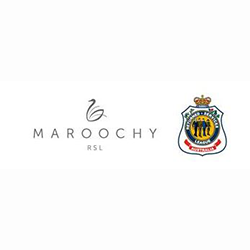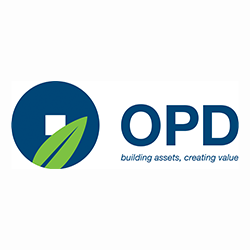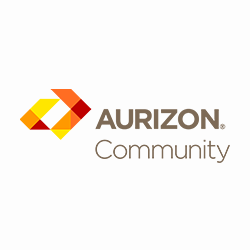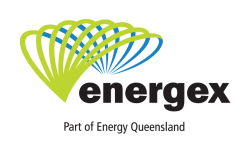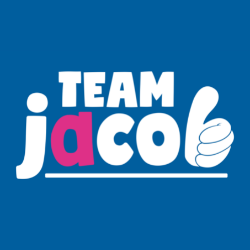NDIS & AEIOU
AEIOU is an NDIS-approved service provider. Our team can assist your family in navigating the NDIS during the early years of your child's autism diagnosis. We’re committed to working with partners within the NDIS and referring practitioners to educate them about AEIOU's therapy and care service and the outcomes children experience at AEIOU.
What’s the best way to describe you?
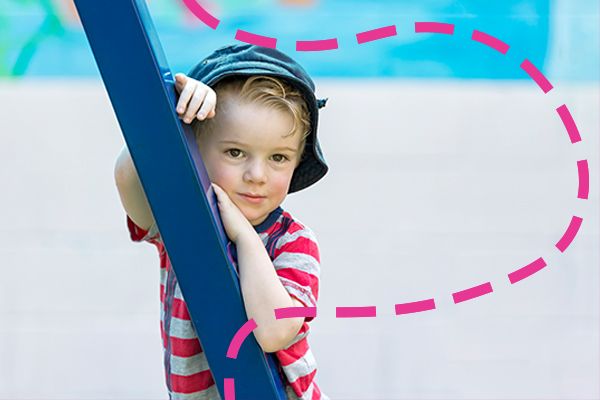
1. My child has a new autism diagnosis. What next?
If you’re in the process of receiving an autism diagnosis for your child, or if you have a new diagnosis, contact AEIOU. Our NDIS Support team can help. We'll help you better understand our service, provide important NDIS information, and help you map out your next steps.
Importantly, you do not have to already be an NDIS participant to phone AEIOU's NDIS Support team and discuss your next steps with them.
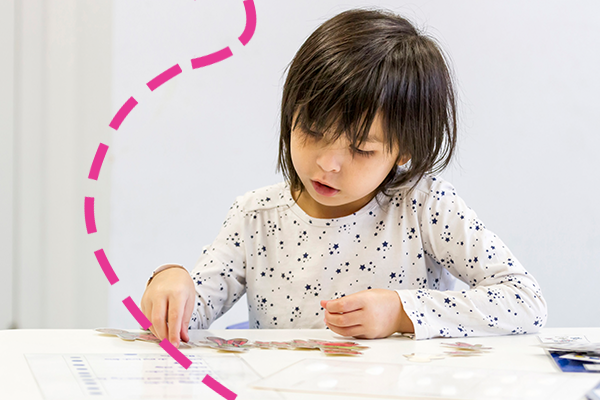
2. Becoming a participant with the NDIS
Ensure your child has a formal diagnosis for autism spectrum disorder (ASD). To apply for the NDIS, you must be an Australian citizen or permanent resident, or a New Zealand resident with a Protected Special Category visa.
If your referring practitioner (e.g. paediatrician) did not list the Level of autism your child has been diagnosed with, ask them to amend the diagnosis letter to include this; the specific Level will help you to access appropriate supports. The diagnosis letter should also reference the DSM-5 (Diagnostic and Statistical Manual of Mental Disorders, Fifth Edition).
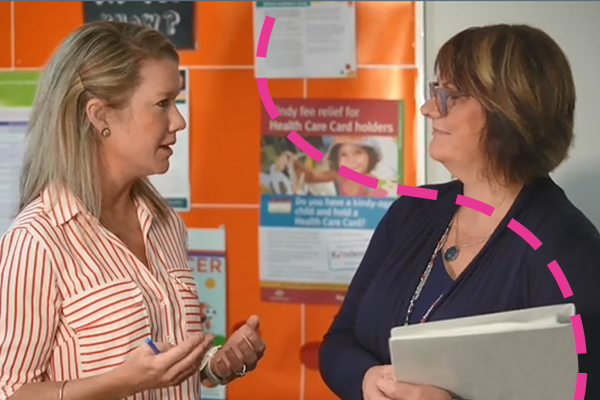
3. I’m registered with the NDIS. Can I enrol at AEIOU now?
Once your child has been accepted as an NDIS participant, our Enrolment team can arrange an interview at your closest AEIOU centre. We can work with you to see if AEIOU is a good fit for your child, and we can help you to prepare for your planning meeting.
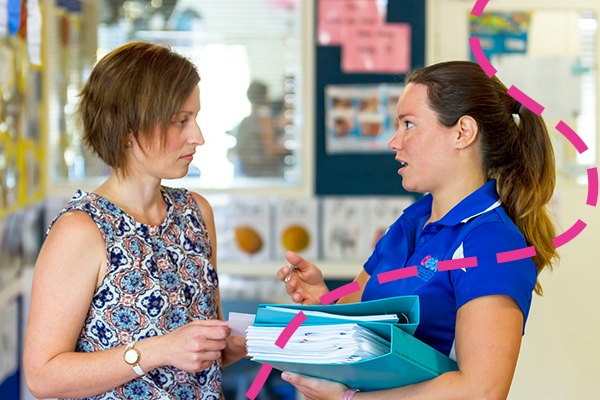
4. What do I need to know before my planning meeting?
Talk to our in-house NDIS Support team, attend workshops and talk to other people who are going through the same process.
If your child has a Level 2 or 3 autism diagnosis, be sure to make notes about their challenges, what they need, what their developmental goals are, and what your family needs to function. Note: the 2012 Australian Guidelines for Good Practice recommend children with autism receive 15-25 hours of intensive, evidence-based therapy each week, for a period of two years before they turn six.
AEIOU has a simple guide to help families consider what they might need to think about ahead of a planning meeting. The guide holds tips like keeping a record of everything you spend on or around disability supports for your child, thinking about the goals you want your child to work toward, and the resources you'll need to achieve these goals.
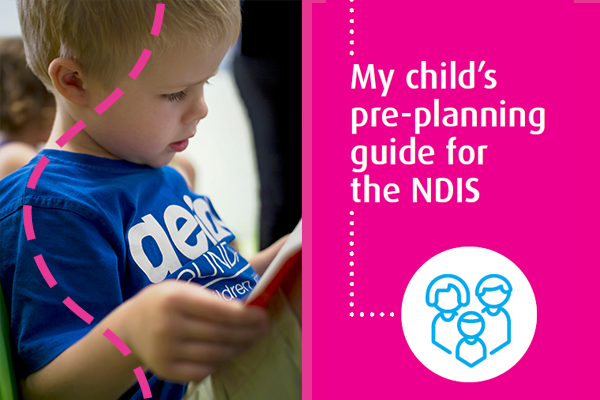
5. A guide for planning meetings
In your meeting, strive to demonstrate your child's needs clearly. For example, if you're asked about your child’s cognitive ability, you should break it down. You might ask yourself whether your child can match a star to a star, if they can arrange objects from smallest to largest in order, if they can match colours.
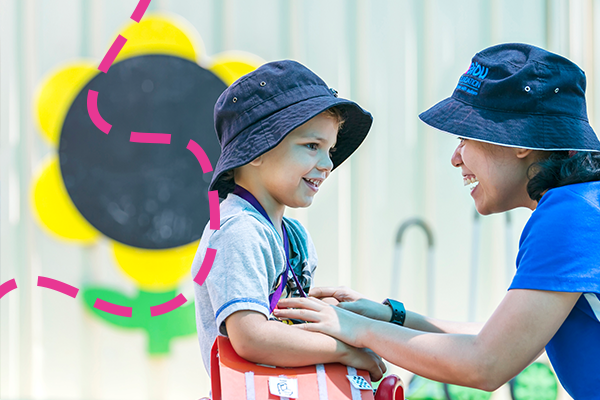
6. What happens after the NDIS plan is approved?
If you feel overwhelmed by decisions about therapy supports, start with basics: consider whether the type of therapy you are looking into is research-based (i.e. is it proven to work?). Consider too whether it will suit your family's needs.
If you're interested in enrolling your child at AEIOU, contact us to see if there’s a placement available at your closest centre and if your child has received sufficient NDIS funding to access the intensive therapy supports provided at AEIOU.
Then we can start the process of enrolling your child at AEIOU.
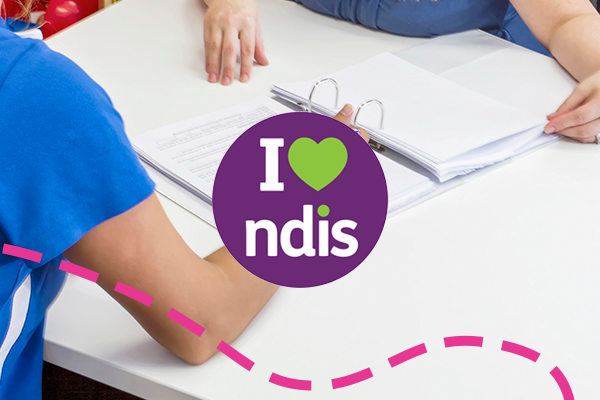
7. What if I didn’t receive sufficient funds to access intensive supports from a service like AEIOU?
The AEIOU NDIS Support team will provide guidance for your next steps. You may choose to ask the NDIA to review your child’s plan, to ensure they can access the level of support they need.
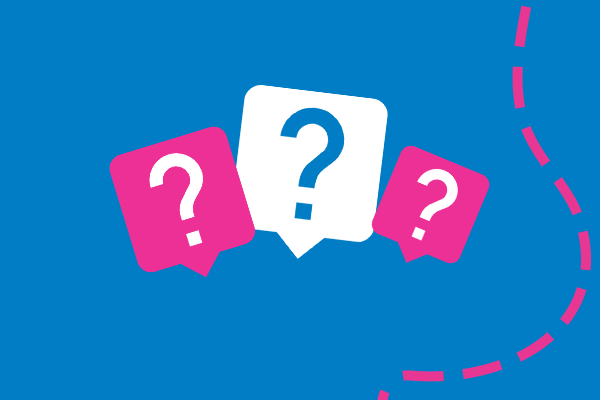
8. All questions are good questions!
We know there’s a lot to think about... We’re here to help! We can answer your questions and support you through the early years of your child’s autism diagnosis. Phone us on 07 3320 7570, or email familysupport@aeiou.org.au.
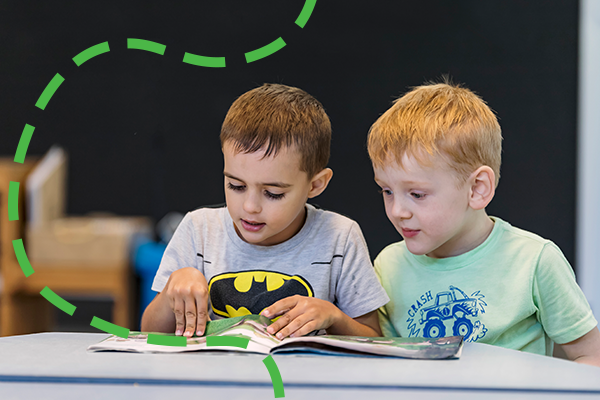
1. What do I need to know about autism and early intervention?
Autism is a lifelong developmental disorder, and research proves that the right, evidence-based early intervention can change a child’s life, leading to improved outcomes including higher intelligence (IQ), and increased social and daily living skills (Boyd et al., 2014; Magiati, Tay, & Howlin, 2012; Prior, Roberts, Roger, & Williams, 2011; Warren et al., 2011).
In line with the Australian Guidelines for Good Practice (2012), children with a Level 2 or Level 3 diagnosis of Autism Spectrum Disorder (ASD) can benefit from intensive therapy in one-on-one or small group settings. These children do not learn in the same way a typically developing child does; they require intensive support.
At AEIOU, children receive early intervention therapies in small groups, with a team who understand and cater to their individual needs.
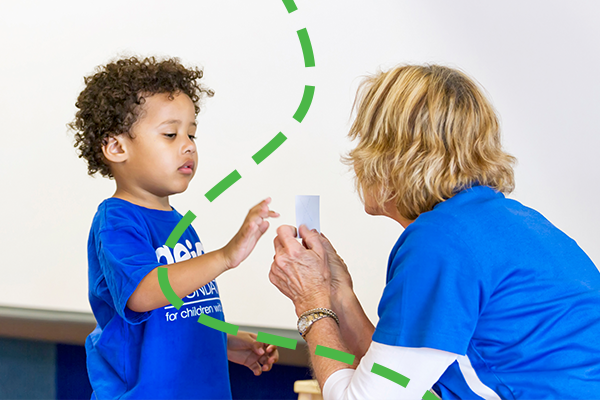
2. What research is available about AEIOU’s therapy service?
Everything we do at AEIOU is evidence-based. That means the various strategies that our curriculum draws from are informed by research, and our curriculum is proven to be effective and safe.
We have evaluated the outcomes of the therapy delivered at AEIOU, finding it leads to improvements in autism symptoms, along with increases in communication and daily living skills (Paynter, Scott, Beamish, Duhig, & Heussler, 2012). Other research has also found promising results in terms of increases in everyday life skills (Vineland Adaptive Behaviour Scales), particularly around communication, decreases in autism symptoms (Social Communication Questionnaire), and increases in cognitive skills (Vivanti, Paynter, Duncan, Fothergill, Dissanayake, & Rogers, 2014).
Further, we know young children with autism who receive the recommended early intervention have a much greater chance of developing social, communication and early learning skills and, later in life, developing meaningful and lasting friendships and relationships, living independently, and securing employment (Howlin, 1997).
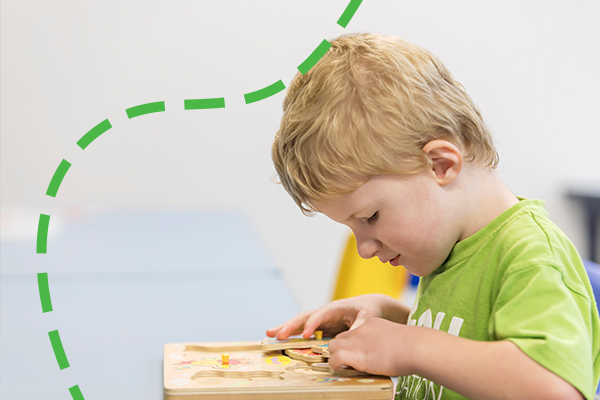
3. What are the hours of therapy that a child with Level 2 or 3 autism needs?
The Australian Guidelines for Good Practice (2012) recommend children with autism access between 15-25 hours of evidence-based early intervention per week, for two years. They should access therapy from a range of allied health professions including speech pathologists, occupational therapists and behaviour therapists.
At AEIOU, children receive support from therapists from each of these disciplines.
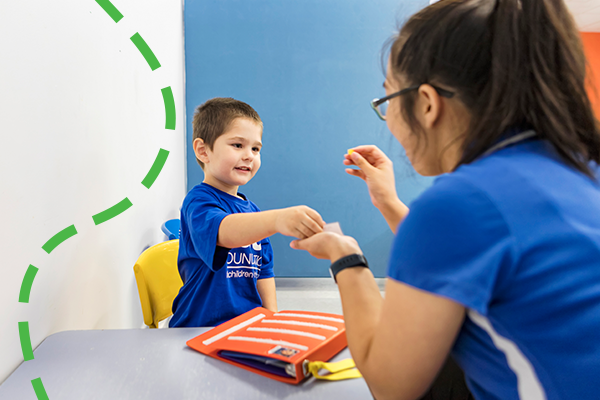
4. What does therapy at AEIOU look like?
AEIOU delivers specialised early intervention therapies and autism-specific education over five days of the week, ensuring children meet the prerequisite hours of early intervention, as recommended by the Australian Guidelines for Good Practice (2012).
It's flexible, so we can cater to the individual needs and goals of each child. Our team teach children early learning skills, such as communication, self-care and independence, play and social skills.
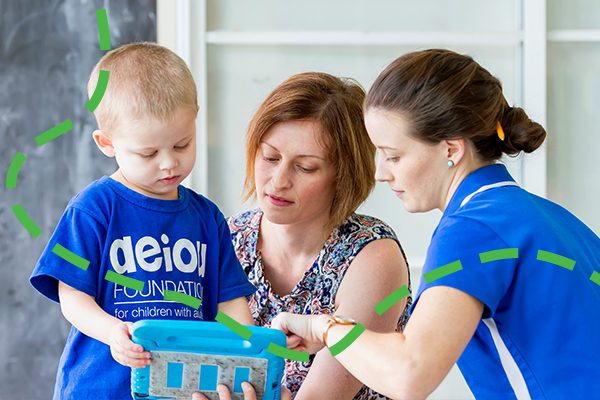
5. AEIOU employs a range of therapists in one location
Our team comprises speech pathologists, occupational therapists and behaviour analysts who all specialise in paediatrics and skilled early childhood teachers and early intervention specialists with a focus on autism. Children benefit from our transdisciplinary approach, which simply means all of our staff are autism experts; each team member shares the responsibility of evaluating, planning and implementing supports to improve the capacity of each of our children with autism, with the guidance and support of their supervisor. As a result, therapy is consistent and children are well understood and supported by their team at all times.
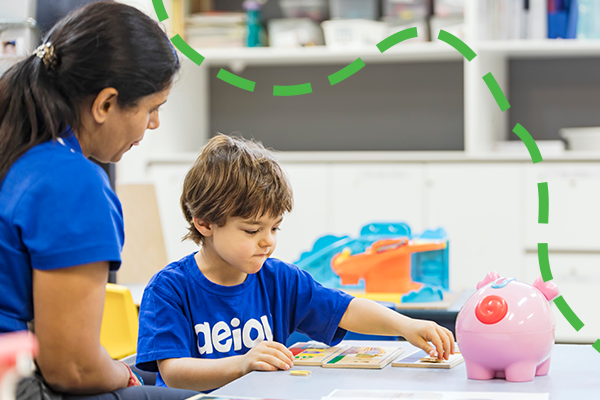
6. Children at AEIOU develop essential life skills
At AEIOU, all children are supported to develop functional communication, social, play and living skills. We also work on fine and gross motor skills. Each child receives an individual plan, and is supported to reach their own specific goals.
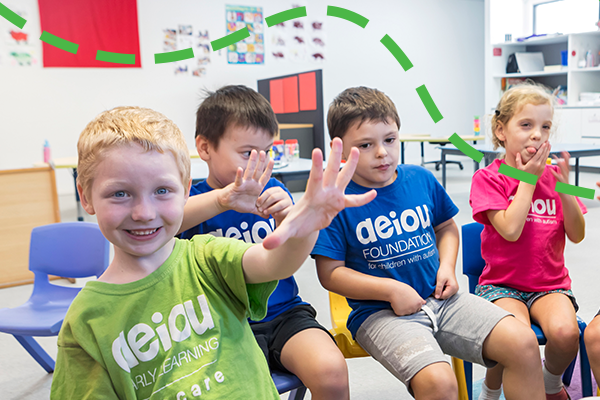
7. Does AEIOU deliver therapy in a naturalistic environment?
Yes; at AEIOU, the centre environment is similar to an early childhood setting (like childcare). It is open and welcoming for children, and children learn how to initiate play, and how to wait and how to take turns alongside their peers.
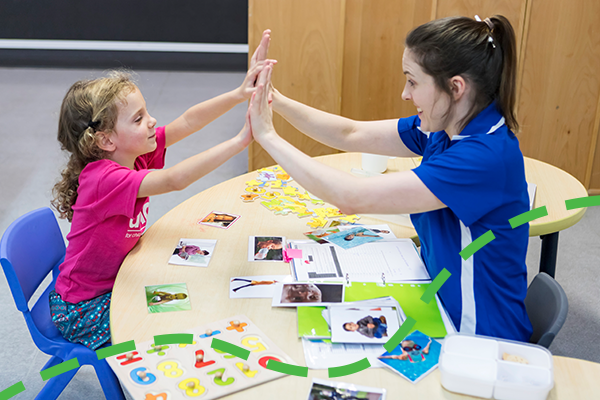
8. Why does AEIOU work?
AEIOU’s service has a dual focus: early learning and early intervention. Both are embedded in our curriculum, with AEIOU offering autism-specific childcare and therapies.
All therapists work from the same viewpoint, have a clear, unified understanding of a child’s needs, and all children are seen as individuals and children first. Families are supported with regular training opportunities, community excursions, and more.
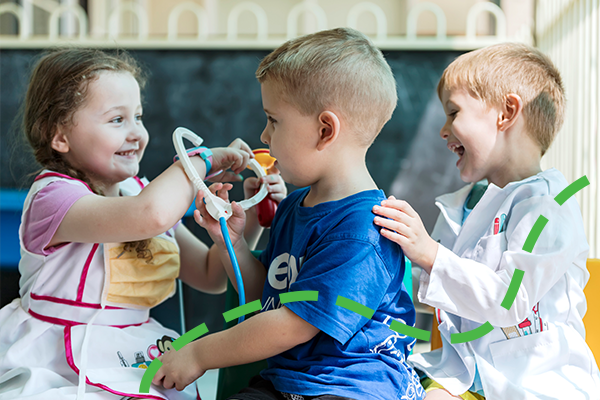
9. Is AEIOU’s service inclusive?
Because children with autism learn differently and have different needs to typically developing children, we only enrol children with autism in each classroom. By providing a nurturing environment where children have access to specialist therapy and support, AEIOU prepares children for the world beyond AEIOU and creates a foundation for successful inclusion later in each child’s life.
Children at AEIOU receive additional support to access the community as part of the program, while families are supported to develop skills and confidence so they can complete tasks many others take for granted, such as grocery shopping or visiting a park.
Families also have unique access to peer support in our community, where families can share in their experiences.
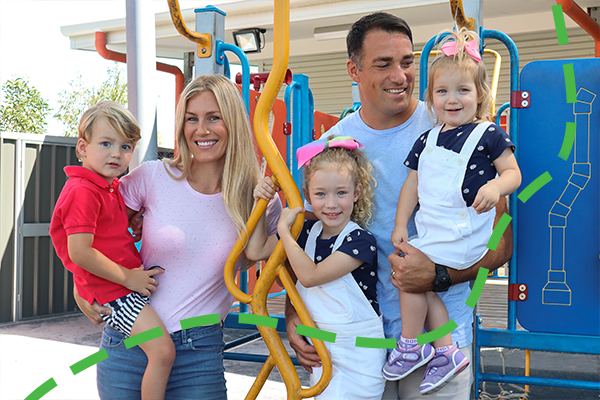
10. Help for parents and carers
All families at AEIOU have access to group information sessions, online resources, home visits, and more. By providing access to care on either side of the program, families also have the opportunity to continue to work and provide care to siblings.
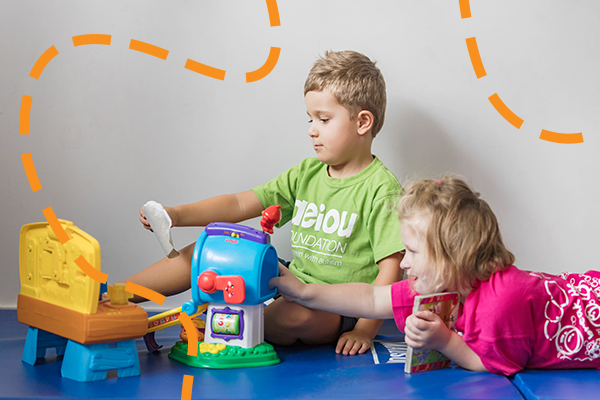
1. What type of service does AEIOU deliver?
AEIOU Foundation delivers intensive, evidence-based early intervention for children aged 2-6. We offer a transdisciplinary service, which means all of our staff are trained to assist in the delivery of therapy, as planned by our allied health professionals.
All children receive a minimum of 15-25 hours of intensive therapy each week (in line with the Australian Guidelines for Good Practice 2012), along with specialised care. Therapy is individualised, and families receive advice, training and support.
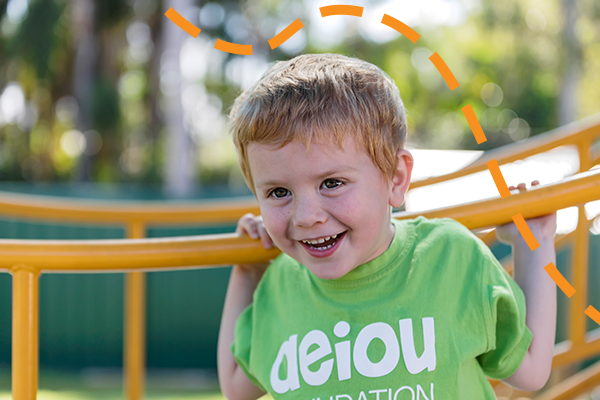
2. What makes AEIOU different?
We deliver therapy in a small group setting, with children also able to access one to one support if it is needed within this framework. Children are assessed at intake and at regular intervals, to monitor their progress and ensure they are receiving the best support to meet their needs.
Each of our therapy and care teams operate from one location each; they share the same viewpoint, understand the child’s needs and are experts in supporting young children with autism. Everything we do at AEIOU is based on research, and we are also committed to contributing to national and international research projects.
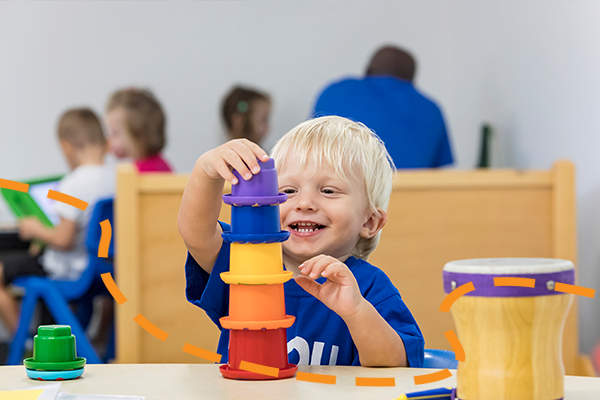
3. Is your patient or client eligible to access the NDIS?
It takes approximately 3 months to gain access to the NDIS and receive a plan. When writing a referral or diagnosis letter for your patient, it’s important to include reference to the DSM 5 and the level of autism the child has been diagnosed with.
Without these details, the child may not receive the level of support they require from the NDIS, and the review process can take considerable time to navigate.
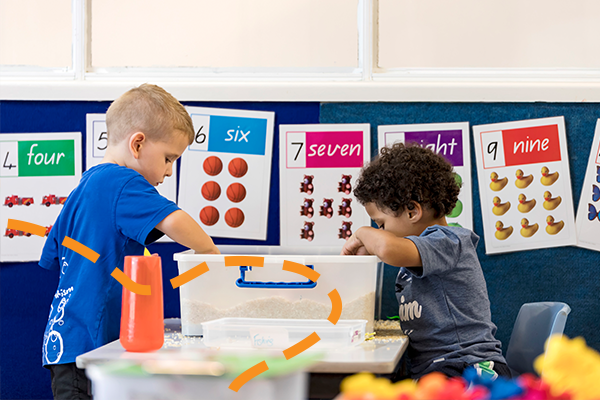
4. Where can you refer your patient or client to upon diagnosis?
You can refer families to someone who can advise them about the NDIS processes and procedures, and provide advocacy for them.
AEIOU employs dedicated NDIS Support Coordinators, who have specific knowledge regarding children in this cohort and are equipped to support families at every step.
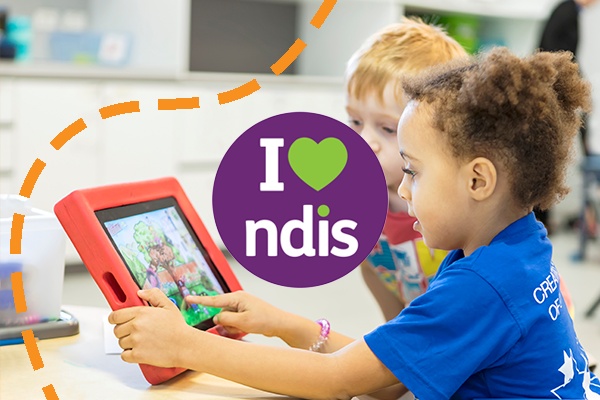
5. How do I connect my patient / client to an NDIS partner?
The NDIS website is comprehensive and features a list of all partners who assist with access and planning in the Early Childhood Early Intervention space.
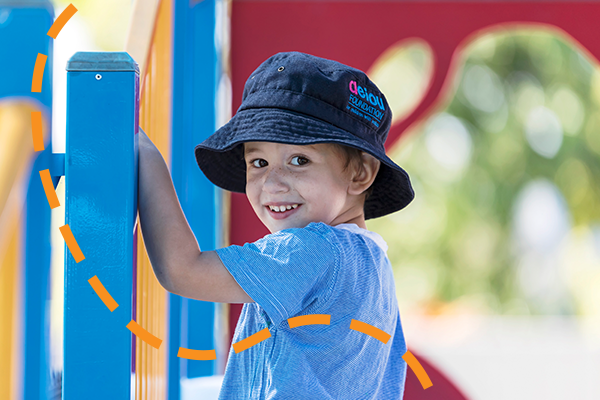
6. What are the outcomes of AEIOU’s service?
We have evaluated the outcomes of the AEIOU program and found improvements in autism symptoms, and increases in communication and daily living skills (Paynter, Scott, Beamish, Duhig, & Heussler, 2012) and continue to conduct research to further investigate and improve our outcomes.
Our more recent research has also found promising results in terms of increases in everyday life skills (Vineland Adaptive Behaviour Scales), particularly around communication, decreases in autism symptoms (Social Communication Questionnaire), and increases in cognitive skills (Vivanti, Paynter, Duncan, Fothergill, Dissanayake, & Rogers, 2014).
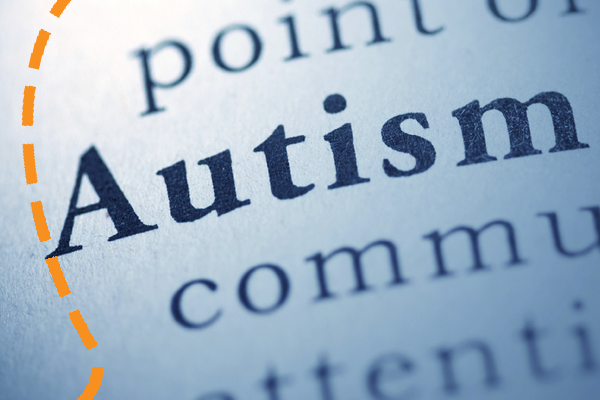
7. Research at AEIOU
AEIOU is committed to ongoing research and development. We were a founding partner of the Griffith University Autism Centre of Excellence (Griffith ACE) and continue to support a number of research projects in the autism field. Further, AEIOU and Griffith University together supported the Cooperative Research Centre for Living with Autism Spectrum Disorders (Autism CRC) as the world’s first national, cooperative research effort focused on ASD.

